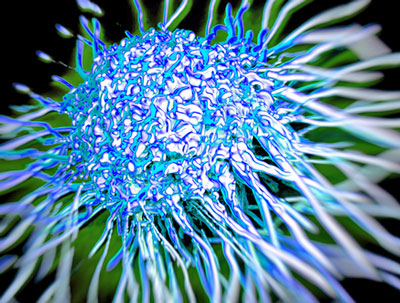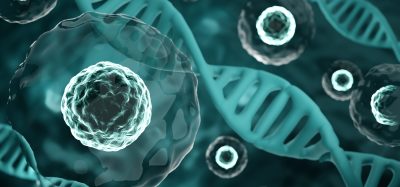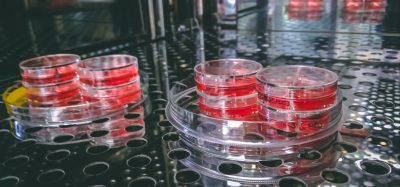Transgene presents preclinical data for TG4010 and TG3003 at AACR 2015
Posted: 21 April 2015 | Victoria White
Transgene has announced that new preclinical data for two of its programmes – TG4010 and TG3003 – were presented at the Annual Meeting of the AACR…


Transgene has announced that new preclinical data for two of its programmes – TG4010 and TG3003 – were presented at the Annual Meeting of the American Association for Cancer Research (AACR).
Combination of TG4010 and anti PD-1 prolonged overall survival and controlled tumour growth
Transgene has conducted preclinical experiments to evaluate the combination of MVA (modified vaccinia Ankara strain) viruses – including its TG4010 MUC1 targeted cancer immunotherapy – with immune checkpoint inhibitors (ICIs) in different tumour models. The combination of MVA with anti-CTLA4 resulted in prolonged overall survival in a lung metastasis tumour model. More importantly the combination of TG4010 and anti PD-1 showed an additive effect on the control of tumour growth in a MUC1-positive tumour model. Further studies evaluating combinations with ICIs and Transgene’s immunotherapy candidates are ongoing.
TG3003 was shown to decrease the number of immune-suppressive M2-type tumour-associated macrophages
CD115 is the cell surface receptor for CSF-1 and is an important anti-cancer target. TG3003 is a humanised monoclonal antibody targeting CD115. Data were presented from preclinical proof-of-concept experiments with TG3003 supporting its mechanism of action and immune-modulatory properties. Based on its distinct mode of binding to CD115, Transgene’s antibody works as a modulator rather than as a blocker of CD115. This differentiates TG3003 from other anti-CD115 antibodies in several important ways. Firstly TG3003 does not increase the level of serum CSF1 and thus may have a better safety profile than other anti-CD115 monoclonal antibodies currently in development. Secondly in the data presented TG3003 was shown to decrease the number of immune-suppressive M2-type tumour-associated macrophages which are often associated with a poor prognosis in cancer patients. Importantly TG3003 did not eliminate immune-stimulating M1-type macrophages thus preserving these immune-stimulatory antigen-presenting cells.
Preclinical data supports plans to advance TG4010 and TG3003 towards the clinic
“The new preclinical data presented at AACR support our plans to initiate clinical trials evaluating TG4010 in combination with immune checkpoint inhibitors” said Nathalie Adda MD Chief Medical Officer. “To explore the full potential of TG4010 to treat non-small cell lung cancer we plan to develop TG4010 not only in combination with traditional chemotherapy but also with novel immunotherapies particularly the promising class of immune checkpoint inhibitors.”
“The new data with TG3003 that we have presented further differentiate this antibody from other anti-CD115 antibodies in development” said Eric Quéméneur Executive Vice President and Vice President Research & Development. “We now have a strong preclinical package for this product entirely designed at Transgene. This is an important achievement that supports advancing TG3003 towards the clinic.”
Related topics
Gene Therapy, Oncology
Related organisations
Cancer Research








